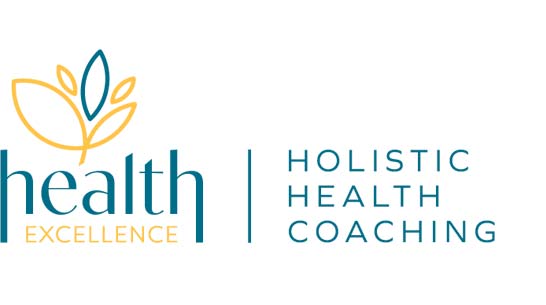Stress is inevitable. It’s impossible to get through life without it. But stress doesn’t have to mean struggle! There are many ways to manage your stress so it doesn’t have an overwhelming impact on your hormonal health. Here are five powerful ways to help you learn to build resilience, live with stress, and even thrive under it. Try these techniques to help manage your body’s stress response and keep cortisol levels at bay.
1. SHAKING
World-renowned psychiatrist Dr. James Gordon has been working with people who have been through the worst kinds of trauma, such as war, natural disaster, rape, and slavery, for more than 20 years. He recommends using a method called “shaking” to help relieve tension and stuck emotions. It’s found to be soothing, even for people dealing with extreme stress. Shaking can have great benefits as a calming tool for anyone who’s trying to soothe their nerves.
The process only takes about 10 minutes.
1. Pick out two songs that are each around five minutes long and have a driving beat (like rock or dance music). Set yourself up to play these on the audio device of your choice.
2. Plant your feet shoulder-width apart and bend your knees.
3. Notice how your body feels.
4. Relax your shoulders and close your eyes.
5. As the music begins, shake from your feet up through your chest, into your shoulders, head, and arms. Let your jaw hang open.
6. Pick up the pace. It’s okay to feel silly – just keep going!
7. After the first song ends, hit pause and take a two-minute break. During this time, just stand still and notice how you feel.
8. Turn the music back on and repeat for the second song!
2. SOFT BELLY BREATHING
When stressed, we tend to breathe with our shoulders and chest rather than our diaphragm. We also tend to tighten our abdominal muscles. This adds to the tension already felt in the body during trying times. Soft belly breathing promotes deeper breathing from the abdomen and less shallow breathing centered in the chest. This slows the heart rate, rebalances the hormonal transmission axis, and promotes a calm feeling.
To practice soft belly breathing:
1. Get into a comfortable position, either seated or lying down.
2. Put one hand on your belly and one hand on your chest.
3. Breathe in deeply through your nose. Focus on expanding your belly on the inhale.
4. On the exhale, use your abdominal muscles to push all the air out of your lungs until they are empty.
5. With each breath in, say the word soft to yourself. With each exhale, say the word belly. This will help you soften your belly.
When you’re feeling tight and stressed, try soft belly breathing even for just 5–10 minutes a day. See how quickly it helps you drop more relaxed state.
3. EARTHING
Getting in contact with the earth every day is grounding. Research shows that connecting directly with the earth’s energy can actually improve health by reducing stress, decreasing inflammation, and improving immune response. This practice is referred to as “earthing.”
Spending 40 minutes per day with direct skin contact with the earth can make a big difference. You can do this by walking barefoot in the grass, gardening, or lying out in the yard at night and looking up at the stars. There are even specific devices made for earthing. Walking on the beach counts as does taking a swim in a lake or ocean!
4. JUST SAY NO
One of the most powerful ways to improve stress is giving yourself permission to say no. It’s natural to want to please others, but this can lead to a lot of stress. Give yourself a break from over-promising. If something feels like it creates too much conflict in your life or simply doesn’t bring you joy, you can say no or even “not right now.” And remember – you don’t owe anyone a lengthy explanation. It may take
people some time to get used to you saying no, so be patient – both with yourself and others. Say yes to yourself. Remember, you count, too!
5. A POWERFUL TECHNIQUE FOR REFRAMING STRUGGLE
Instead of trying so hard to relax, engage! When we keep telling ourselves to relax, we put more stress on ourselves without reaping any of the possible benefits. You can also try the following:
1. Instead of telling yourself you’re overwhelmed, tell yourself you’re excited.
2. Instead of telling yourself you’re so busy, tell yourself you’re so productive.
3. View your stress and anxiety as a power boost that will help you get things done and perform miracles!
You probably won’t be any less stressed and anxious, but you will get the benefits of both cortisol and DHEA release. And that makes a big difference in how you feel in the long run. People who see their nervous energy as excitement perform better on anxiety-producing tasks, such as taking tests and speaking in public.

